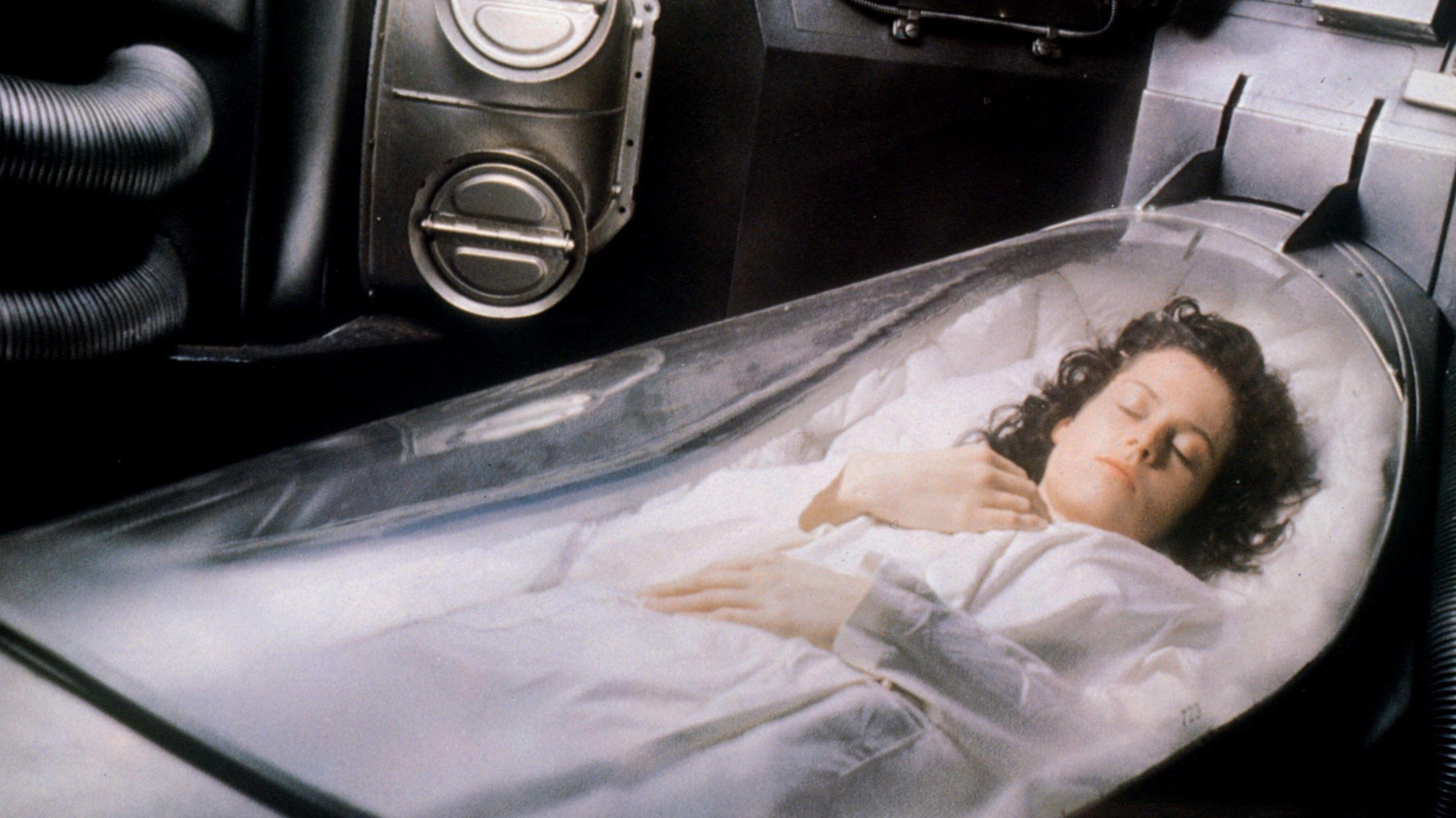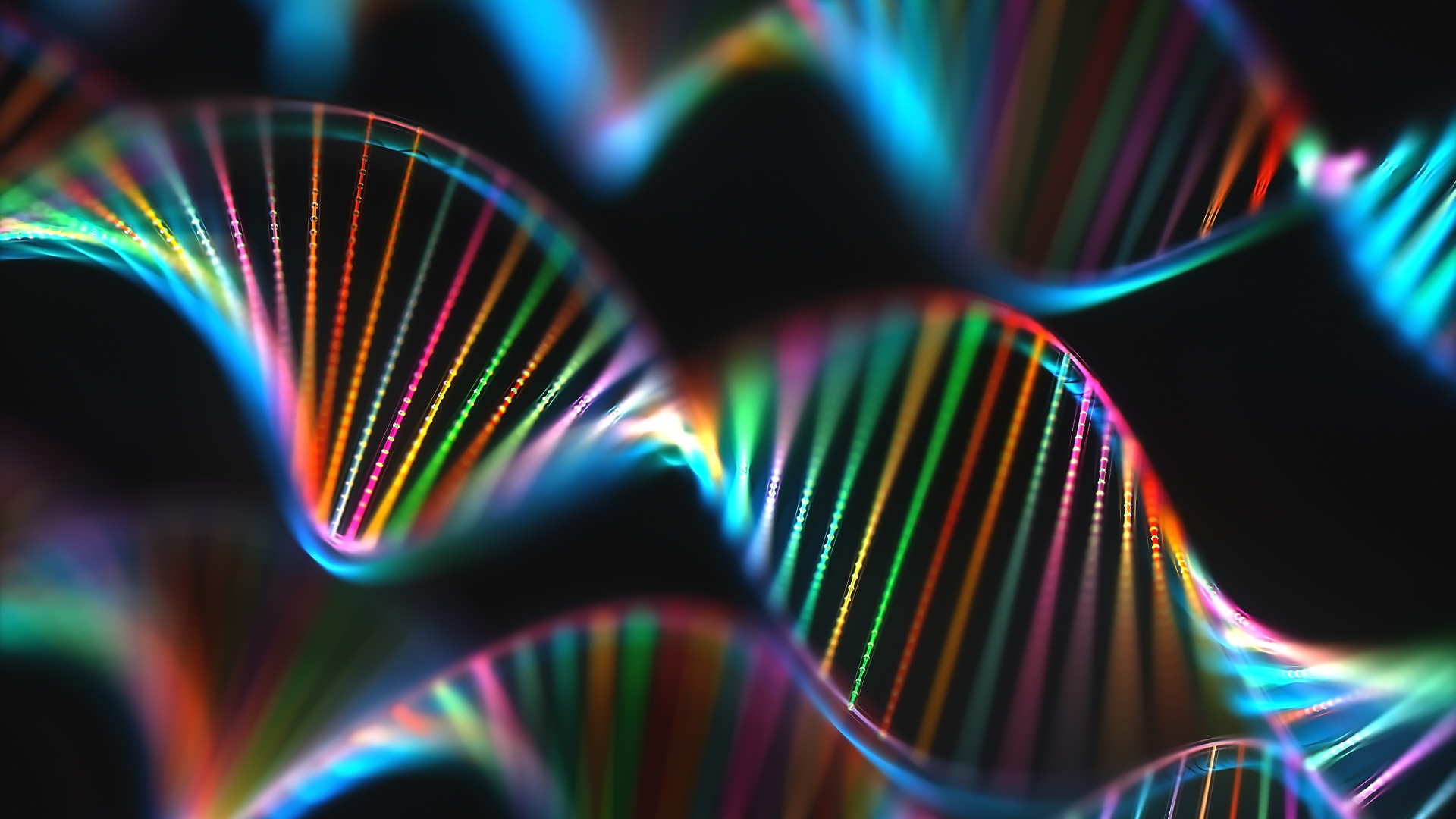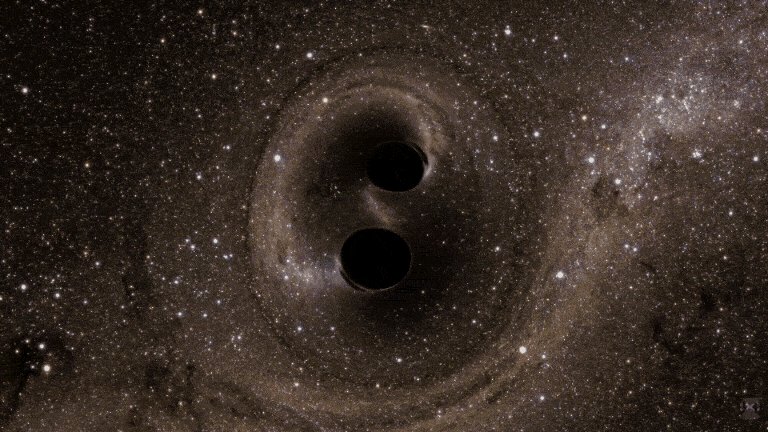Our 10 most-read health stories of 2023
Live Science's most-read health stories from 2023 feature Neanderthal DNA, harrowing medical case reports and curious new research findings.

Get the world’s most fascinating discoveries delivered straight to your inbox.
You are now subscribed
Your newsletter sign-up was successful
Want to add more newsletters?

Delivered Daily
Daily Newsletter
Sign up for the latest discoveries, groundbreaking research and fascinating breakthroughs that impact you and the wider world direct to your inbox.

Once a week
Life's Little Mysteries
Feed your curiosity with an exclusive mystery every week, solved with science and delivered direct to your inbox before it's seen anywhere else.

Once a week
How It Works
Sign up to our free science & technology newsletter for your weekly fix of fascinating articles, quick quizzes, amazing images, and more

Delivered daily
Space.com Newsletter
Breaking space news, the latest updates on rocket launches, skywatching events and more!

Once a month
Watch This Space
Sign up to our monthly entertainment newsletter to keep up with all our coverage of the latest sci-fi and space movies, tv shows, games and books.

Once a week
Night Sky This Week
Discover this week's must-see night sky events, moon phases, and stunning astrophotos. Sign up for our skywatching newsletter and explore the universe with us!
Join the club
Get full access to premium articles, exclusive features and a growing list of member rewards.
Live Science readers have wide-ranging interests within the world of health, ranging from virology to genetics to rare conditions that stand out as anomalies in medical literature. This year, our most-read health stories feature Neanderthal DNA, which may have a lingering effect on our modern biology, and human longevity, whose mysteries we're still working to unravel. And in addition, there are a number of particularly harrowing medical case reports that captured people's attention.
In no particular order, here's 10 of our most-read health stories from 2023.
Related: 12 microscopic discoveries that went 'viral' in 2022
1. Virus spotted infecting another virus
In a notable first for science, researchers snapped images of one virus latching onto another. The images, released in November, feature two bacteriophages, or viruses that infect bacteria. The smaller of the two viruses, known as a "satellite" virus, is latching onto the "neck" of the larger bacteriophage, like a microscopic vampire.
2. Hidden nerve damage in tinnitus
Tinnitus, marked by ringing or buzzing in the ears, may be caused by nerve damage that's not detectable on typical hearing tests, scientists reported in December. This discovery supports a theory that tinnitus stems from subtle hearing loss that the brain compensates for by ramping up the activity of specific cells involved in processing sound.
3. 'Suspended animation' …in mice?
Could we ever put astronauts in suspended animation, easing their journeys to distant worlds? A May study conducted in mice and rats hints that we could. Scientists induced a hibernation-like state called torpor in the rodents by blasting their brains with ultrasound.
4. Neanderthal DNA and pain perception

Gene variants attributed to our extinct Neanderthal ancestors may influence how we feel pain, a study published in October found. The research zoomed in on three gene variants that appear to boost people's sensitivity to pain from prodding — as opposed to pain from extreme temperatures or pressure, for example.
Get the world’s most fascinating discoveries delivered straight to your inbox.
5. Neanderthal DNA and mysterious 'Viking' disease
In another study, published in June, Neanderthal DNA was linked to a disorder nicknamed the "Viking disease." The condition, formally called Dupuytren's disease, causes the fingers to become frozen in a bent position. They found an extremely strong association between people's risk of having the disease and their likelihood of carrying two gene variants we inherited from Neanderthals.
6. How long does it take to digest food?
In addition to covering new research, Live Science writes about how the human body works, tackling common questions such as how long it takes to digest food. In this case, the answer may be more complex than you think, as it's influenced by the rate the body breaks down different types of food and the variations in different individuals' digestive systems.
7. Rare medical condition in scuba diver
In an unusual medical case published in July, doctors described a scuba diver who developed a deadly reaction tied to "decompression sickness." While coming up from his dive, the man likely had air bubbles form in his bloodstream and trigger a dangerous chain reaction in his blood vessels, his clinicians suspect. The chain reaction sparked inflammation that caused his blood vessels to become more permeable and start leaking protein and fluid. Thankfully, the man received medical care in time to be saved.
8. Deadly 'penile gangrene'
In a different medical case published in February, the affected patient unfortunately died of septic shock after developing gangrene of the penis, which caused tissue death and led to a severe bacterial infection. The gangrene set in due to an external catheter being improperly applied to the man's body, cutting off blood flow to his penis and causing its tissues to die.
9. 'Brain-eating' amoeba in sinus rinse
A person in Florida was infected by a single-celled organism that can cause "brain-eating infections," likely after they used contaminated water to perform a sinus rinse, health officials reported in February. Such an infection is rare, but the medical case highlights the reason why health officials recommend against using unfiltered water for sinus rinses.
10. 'We're nowhere near the max human life span'
Humans will break our record for longest-lived person in the next four decades, scientists predicted in a study published in March. They developed a mathematical model that forecasts what mortality trends will look like in upcoming years. In most of the countries they examined, the team projected that the maximum recorded age will rise dramatically in the future — but not everyone agrees with the researchers' conclusions.
Ever wonder why some people build muscle more easily than others or why freckles come out in the sun? Send us your questions about how the human body works to community@livescience.com with the subject line "Health Desk Q," and you may see your question answered on the website!

Nicoletta Lanese is the health channel editor at Live Science and was previously a news editor and staff writer at the site. She holds a graduate certificate in science communication from UC Santa Cruz and degrees in neuroscience and dance from the University of Florida. Her work has appeared in The Scientist, Science News, the Mercury News, Mongabay and Stanford Medicine Magazine, among other outlets. Based in NYC, she also remains heavily involved in dance and performs in local choreographers' work.
 Live Science Plus
Live Science Plus










